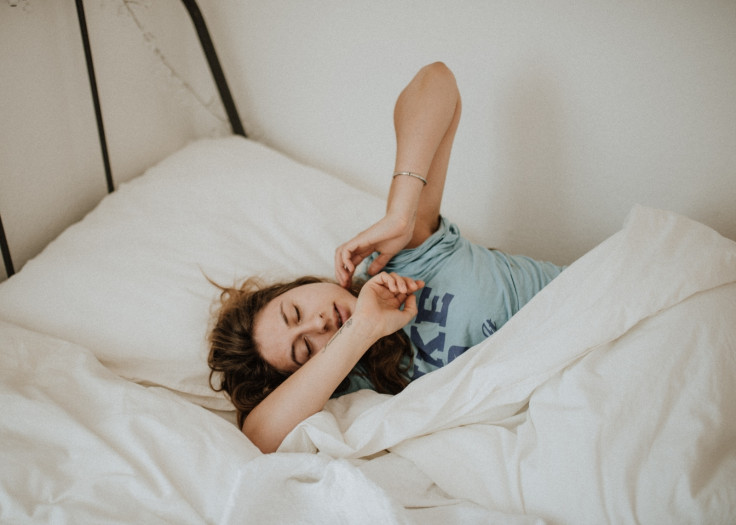watchOS 7: Developers reveal why it took so long for sleep tracking to arrive
Sleep tracking was originally intended to be a default function since the first Apple Watch model was released.
According to sales data, the Apple Watch is still the best-selling smartwatch for many years in a row. Unlike Android's struggling WearOS platform, the feature-packed wearable platform has been lauded for its health-oriented functionality. In fact, there have been multiple reports wherein users credited the device for saving their lives. With watchOS 7 finally introducing native sleep tracking support, the developers are sharing more about it. This is just one of the upgrades that will be available soon when an update becomes available later this year.
For each succeeding generation of Apple Watch releases, the product brings something new to the table. Owners have been calling out the American tech outfit for its failure to include sleep tracking. Many people rely on the information to determine early on if they need to see a specialist about their sleeping habits. However, this remained absent even though almost every competing brand has it.
Kevin Lynch, the company's vice president of technology, recently confirmed that sleep tracking was originally intended to be a default function since the first model was released. In fact, research into the nuances of technology used for monitoring this daily activity show that there are some inconsistences, as noted by AppleInsider. Hence, the team working on the project is approaching the subject differently.
While many smartwatches and fitness trackers use advanced algorithms and sensor data to generate a sleep score, Apple plans to train users on what they call the Wind Down function. Instead of relying on information based on movements, it wants to highlight the activity that goes on in the brain. While the data provided by conventional platforms can offer insight, many consider it complicated.

"You can't really coach yourself to have more or less REM stages," said Lynch. "We felt like that wasn't the best way Apple could add value here on sleep. We focused on the transition to the bed, which we think is way more actionable, and will result in people getting a better night's sleep, which then has secondary effects of perhaps your REM stages sorting themselves." It is too early to say if this method will prove beneficial.
© Copyright IBTimes 2025. All rights reserved.





















